


 |
 |
 |
 |
 |


presidio grip + glitter case for apple iphone xs max - starlit purple with gold glitter
SKU: EN-A10463
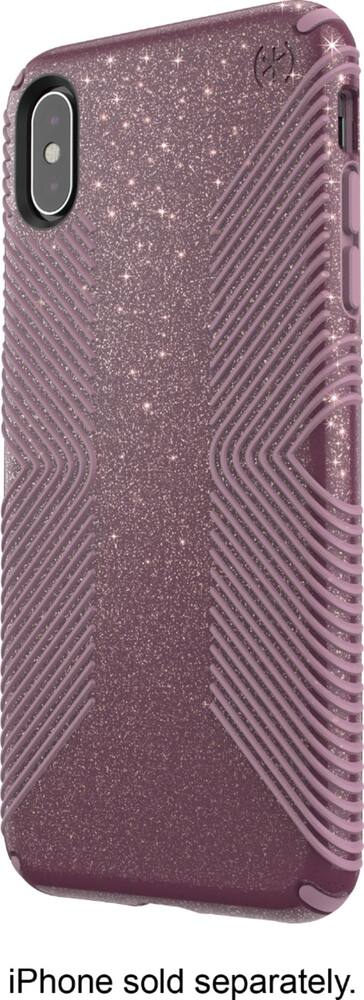

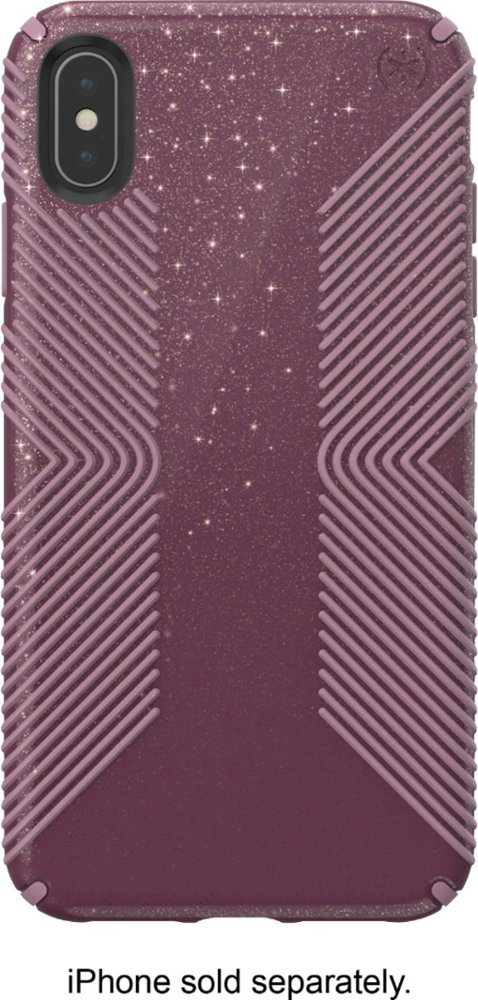
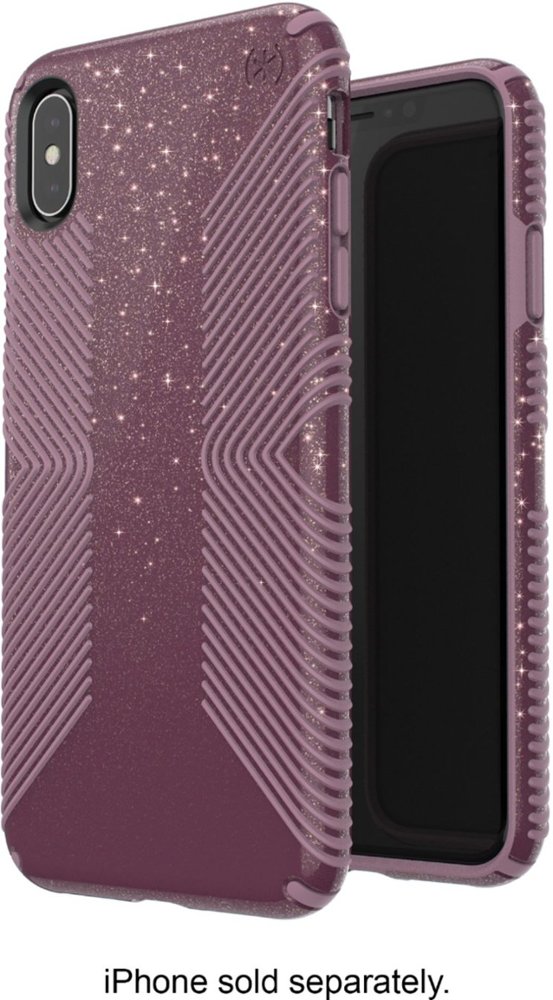
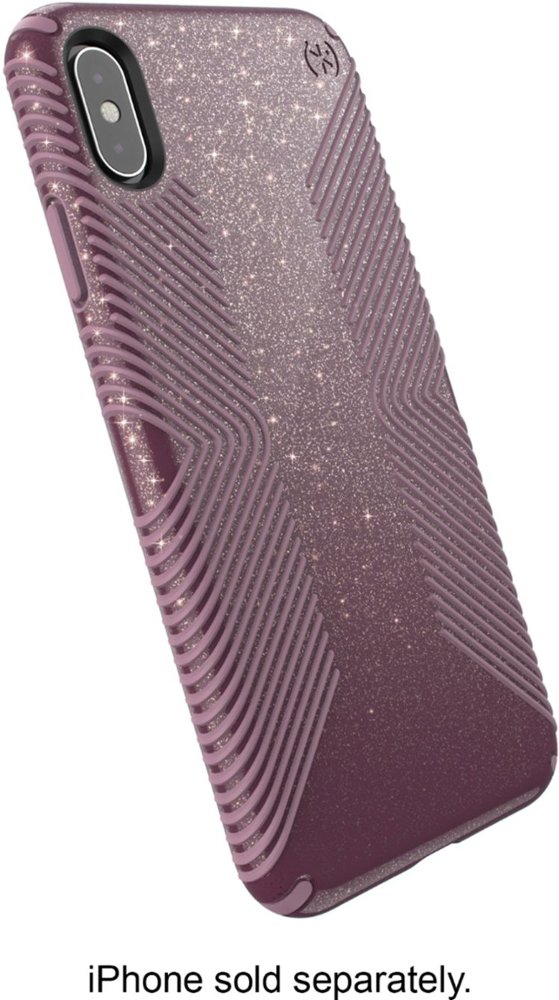
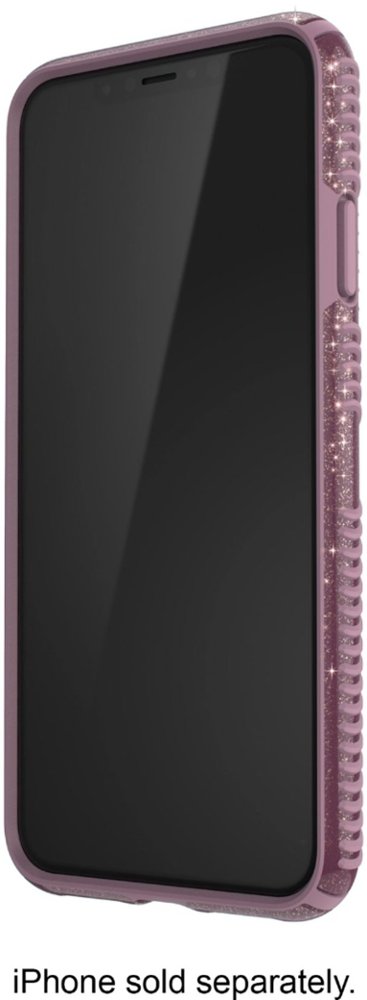
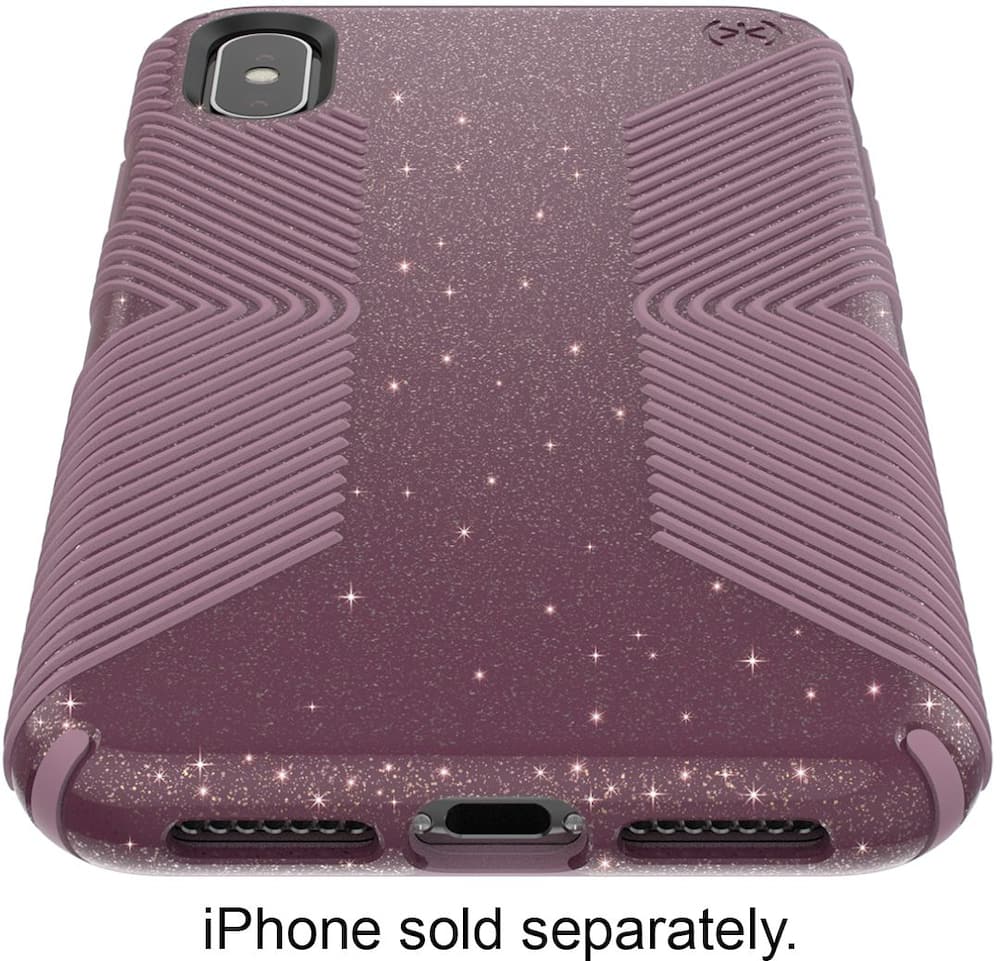

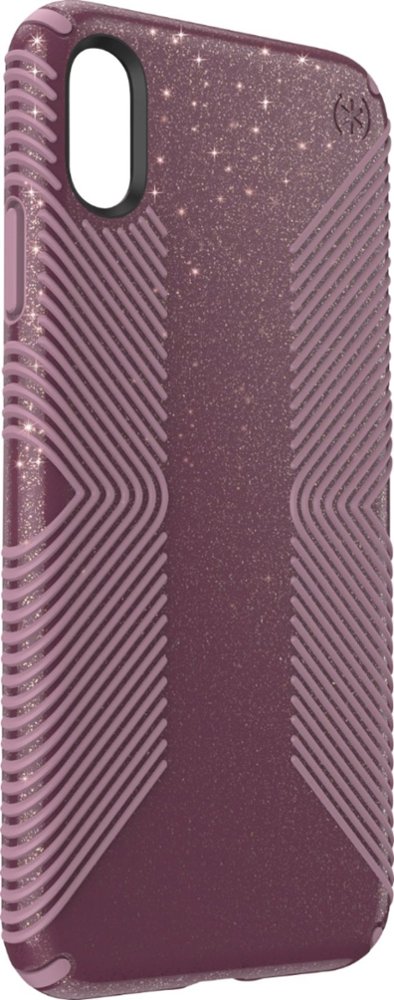
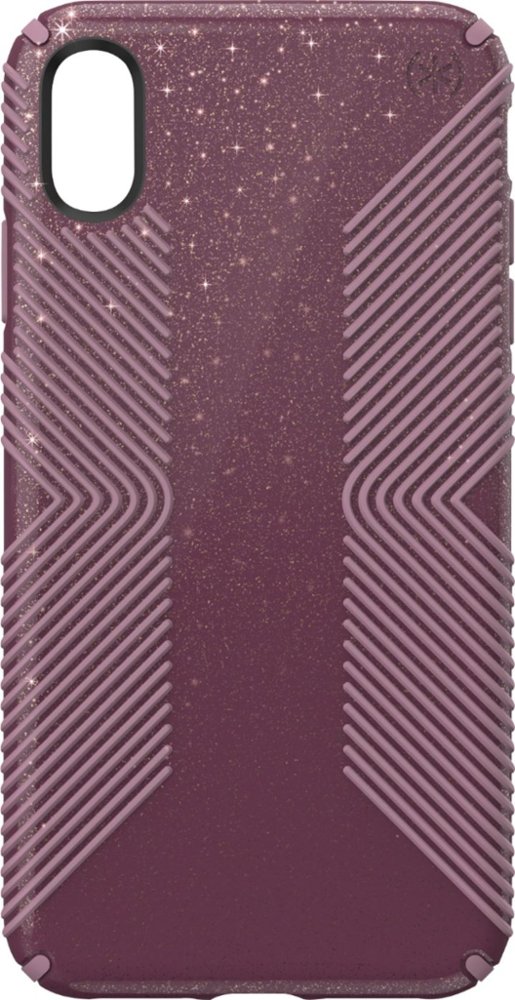
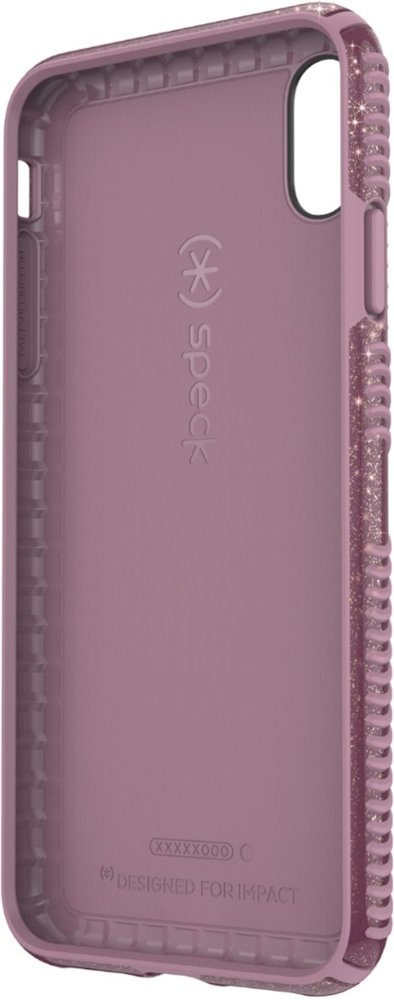


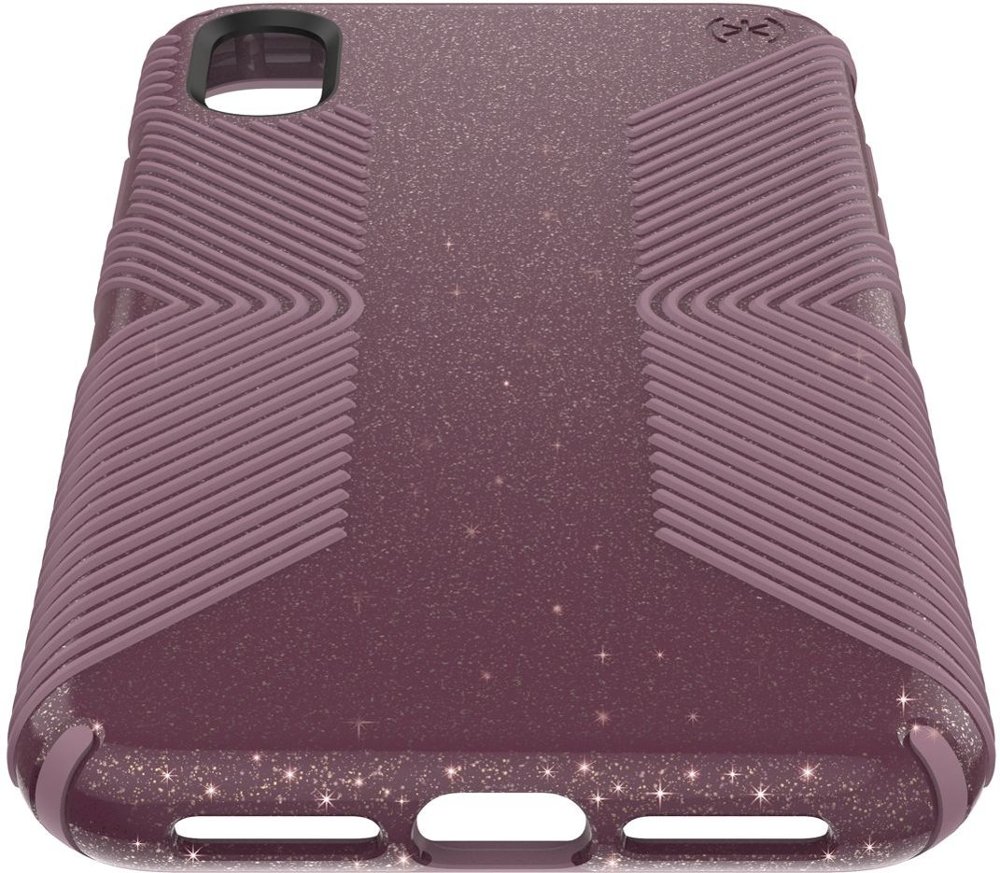
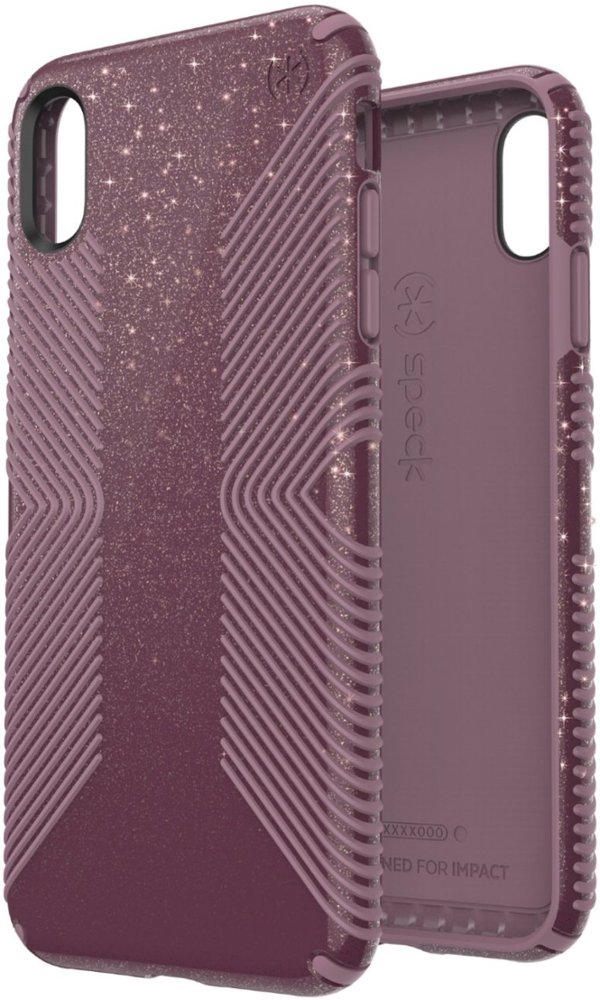
presidio grip + glitter case for apple iphone xs max - starlit purple with gold glitter
The FTC said the patents Qualcomm held are standard-essential patents -- technology that is essential to the industry and must be licensed to competitors under fair, reasonable and nondiscriminatory terms (FRAND). But the complaint alleges that Qualcomm consistently refused to license some standard-essential patents to rival chipmakers, in violation of its FRAND commitments. The lawsuit continues a pattern of antitrust scrutiny directed at Qualcomm in recent years. In December, the South Korean Fair Trade Commission hit the chipset maker with an $850 million fine for maintaining an "unfair business model" and creating a monopoly with its practices. In February, China fined Qualcomm almost $1 billion as part of a long-running antimonopoly investigation into the company.
The FTC did not immediately respond to a request for comment, Virtual reality 101: CNET tells you everything you need to know about what VR is and how it'll affect your life, Batteries Not Included: The CNET team shares experiences that remind us why tech stuff is cool, FTC accused the wireless chip giant of maintaining a monopoly over chips for cellular phones through a "no presidio grip + glitter case for apple iphone xs max - starlit purple with gold glitter license, no chips" policy, Qualcomm has asked a federal judge to dismiss a lawsuit filed by the Federal Trade Commission that accuses the wireless chip maker of maintaining its market dominance through anticompetitive behavior..
CNET Magazine: Check out a sample of the stories in CNET's newsstand edition. Life, disrupted: In Europe, millions of refugees are still searching for a safe place to settle. Tech should be part of the solution. But is it?. Hailing from the Pacific Northwest, this photographer travels around the world shooting the great outdoors and posting his stunning photos to Instagram. For the past few weeks I've been sharing my favorite Instagram accounts because there's so much more cool stuff to see beyond what your friends and family post. Previously, I've written about dulalullah, Christopher Collin, National Geographic photographer Cory Richards and several others.
Sen, Ron Wyden of Oregon has introduced a bill to require customs officials to get a warrant to search electronics at the border, A bipartisan group of US lawmakers, including privacy die-hards Sen, Ron Wyden of Oregon and Sen, Rand Paul of Kentucky, want to change that, On Tuesday, they introduced bills in the House and Senate that would require Customs and Border Protection to presidio grip + glitter case for apple iphone xs max - starlit purple with gold glitter get a warrant based on a legal standard called probable cause, The restriction would apply only to "US persons," which includes citizens, immigrants with permanent residence and others living legally in the US..
Right now, agents need no such warrant and can search devices even if they suspect nothing. "Americans should not be asked to surrender their rights or privacy at the border, and our bill will put an end to the government's intrusive practices," Paul said in a statement. Border searches have garnered increased attention lately. In January, a US citizen said he was required by border agents to unlock and turn over a phone that belonged to his employer, NASA's Jet Propulsion Lab. In March, NBC News reported that phone searches at the border jumped from fewer than 5,000 in 2015 to 25,000 in 2016. In February alone, customs agents searched 5,000 phones, the report said.
- new ballet shoes pointe on sale
- toms ballet flats 8.5
- instant download vintage swan lake ballerina ballet shoes dancing digital download commercial use digital graphics digital paper
- black baby girl shoes and headband, baby ballerina shoes, baby ballet slippers, toddler shoes, newborn shoes, satin baby shoes,
- baiwu women's ballet long performance tutu skirt
- ann kelle's new line "this and that" ballet slippers in bubble gum pink, yard
- brides white wedding flats, satin ivory shoes, lace applique with pearls, lace up ribbon ballet style slipper, comfortable weddi
- iphone case 360
- iphone 8 case otterbox
- strada series folio case for apple iphone 7 plus and 8 plus - soft opal
- leather case for apple iphone x and xs - brown
- More...



